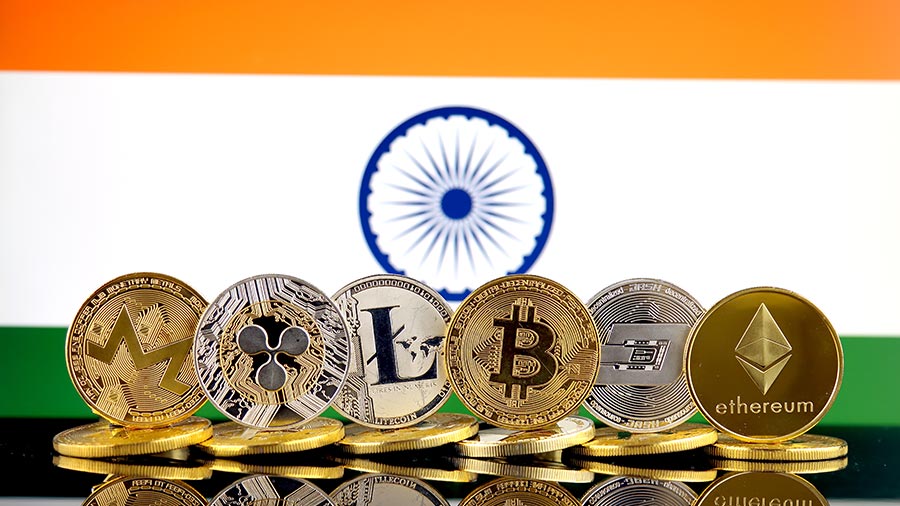Now Reading: India’s Regulatory Pause on Crypto: What It Means for Non-Metro Investors
-
01
India’s Regulatory Pause on Crypto: What It Means for Non-Metro Investors
India’s Regulatory Pause on Crypto: What It Means for Non-Metro Investors

India’s crypto market is caught in a strange balance—neither banned nor fully regulated. While metros see this as temporary uncertainty, investors in non-metro towns are feeling the confusion more sharply. Without clear rules, many are unsure whether to keep investing, pause, or exit altogether. The government’s regulatory silence has created both anxiety and opportunity in smaller cities where digital finance is still finding its ground.
Where things currently stand
Crypto trading is legal in India, but there’s no formal law that defines it clearly. The government has introduced taxes and TDS deductions to track transactions, yet hasn’t provided a full regulatory framework. This halfway stance has left investors uncertain about what’s truly allowed. In metro cities, most people rely on financial advisors or platforms to guide them, but in tier-2 cities, that support often doesn’t exist, leaving users to figure things out themselves.
The confusion among small investors
In smaller towns like Nagpur, Nashik, or Jaipur, crypto users are usually first-time investors. They depend heavily on online information and social media to make financial decisions. The lack of clear regulation means they can’t tell if crypto will be restricted later or if profits will face more scrutiny. For some, that hesitation has already led to withdrawing investments or keeping money idle in wallets instead of trading actively.
The effect on local startups and platforms
Uncertainty doesn’t just affect investors—it also impacts the growing number of small crypto startups emerging in non-metro areas. Many platforms dealing with blockchain education, trading, or Web3 projects are struggling to attract users and investors because of unclear policy directions. Without formal recognition or guidelines, these startups hesitate to expand, fearing sudden regulatory changes that could halt operations overnight.
How this pause shapes investor behaviour
The regulatory limbo has made investors cautious. Many prefer to stick with traditional options like mutual funds or FDs rather than risk unclear territory. Yet, a segment of young users still sees potential in holding long-term crypto assets, hoping that once regulation arrives, the market will stabilise. This mix of hope and hesitation defines the current mood across India’s smaller financial circles.
What investors can do right now
The best step for small-town investors is to stay informed and cautious. Avoid speculative coins or unverified platforms. Stick to exchanges that follow KYC norms and tax deductions. Even without clear laws, the basics of safe investing still apply—keep records, don’t chase quick profits, and only invest money you can afford to risk.
Conclusion
India’s regulatory pause has slowed the pace of crypto growth in non-metro towns but hasn’t stopped it. Investors are learning to navigate uncertainty with caution and curiosity. The truth is, regulation will eventually arrive—it’s only a matter of when. Until then, for small-town investors, patience, awareness, and prudence remain the strongest currencies in this unpredictable digital market.

























